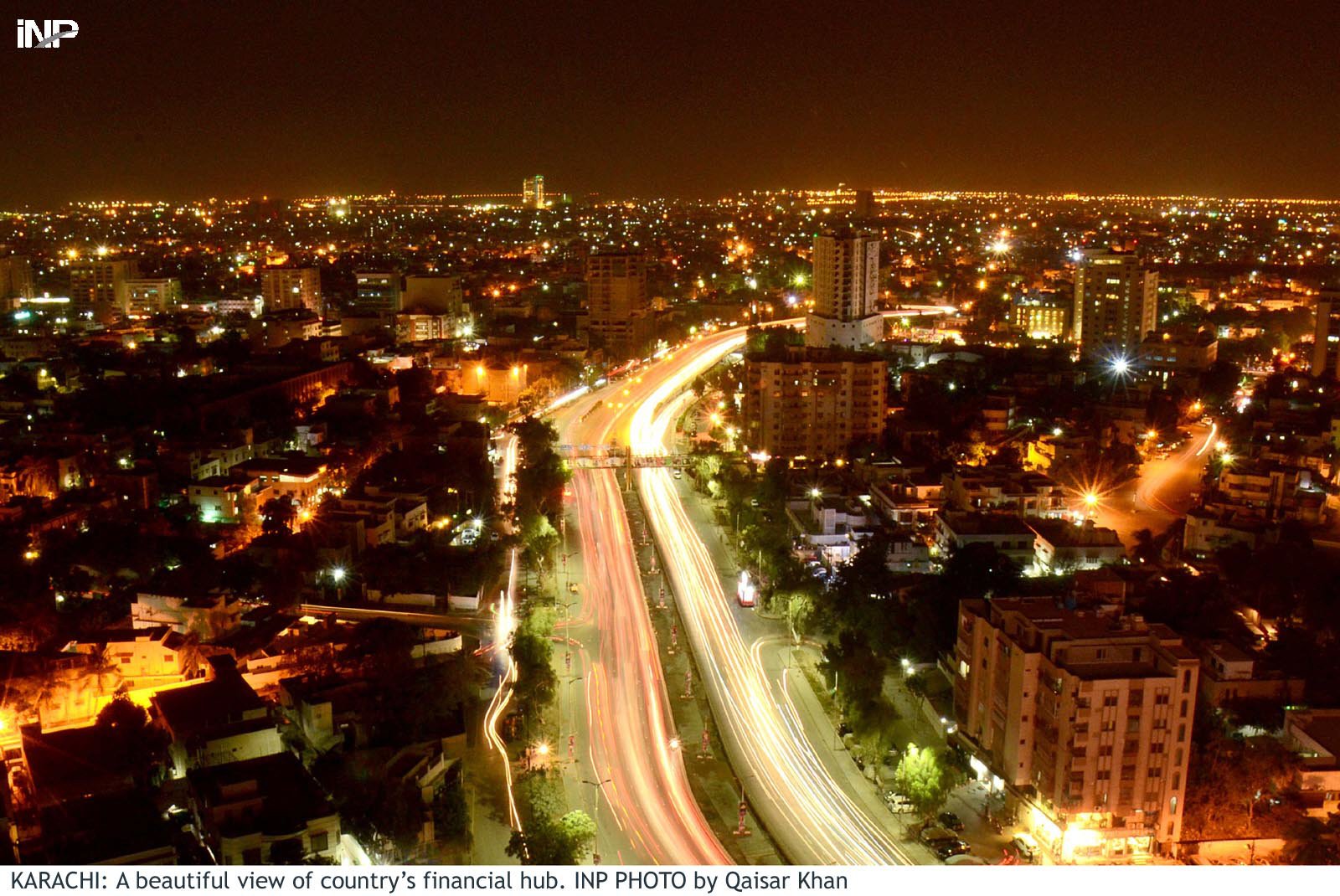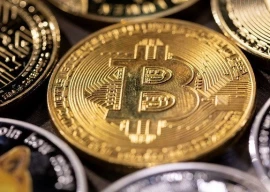
Economic growth has improved with the revival in manufacturing and agriculture, rapid increase in tax revenue has strengthened public finance, however, major foreign financing challenges remain, stated the Institute for Policy Reforms (IPR) in the review of the economy for the first quarter of 2017-18 on Friday.
Economy still poised for 5.6% growth: IMF
At 4.4% of GDP, the current account deficit grew by 120% over the same quarter of last fiscal year and far exceeds the target set by the government. Foreign reserves have fallen despite hefty external borrowing. So far, the government has attributed the runaway current account deficit to growth-inducing machinery imports. Machinery imports, however, did not grow during the quarter. Import of power generation equipment fell by 17%.
The report asserts that Pakistan is dependent on external savings and the economy is exposed to continuous loan rollover and re-pricing risks. Recent correction in rupee value may reduce imports and the deficit. The central bank estimates foreign exchange financing gap of $12 billion in FY18 (later retracted). IPR says that the gap will be higher. Next year’s foreign financing gap is a major economic risk.
Fiscal deficit also is higher than target. This has increased government’s indebtedness, both domestic and external. These macroeconomic factors prevent sustained and long-term growth of the economy. They are the result of years of economic decision making that prioritises firefighting to solve immediate problems, but does not show resolve to deal with structural issues.
The problems point to an economic structure that does not allow the economy to substantially increase investment. It is the result of a political economy that favors the privileged at the expense of everyone else.
The report cautions against despondency though because that is the last thing the market needs today. It affirms that Pakistan has the potential to turn the economy around if all institutions show firm intent.
LSM grew by a healthy 8.4% during the first quarter primarily due to improved power supply, better security, low interest rates, low inflation, and past years’ investments. Agriculture has recovered from higher fertiliser off-take, higher credit and mechanisation, and support price for wheat.
IMF says Pakistan’s hard-won economic stability at stake
GDP growth will be higher than last year’s 5.28%. An expansionary monetary policy coupled with largely steady exchange rate (despite 5% correction in December) and some agriculture and industrial revival have stimulated growth. Continuous growth in public sector investment and China-Pakistan Economic Corridor (CPEC) development projects also have given impetus.
Published in The Express Tribune, December 23rd, 2017.
Like Business on Facebook, follow @TribuneBiz on Twitter to stay informed and join in the conversation.

1725612926-0/Tribune-Pic-(8)1725612926-0-165x106.webp)















COMMENTS (1)
Comments are moderated and generally will be posted if they are on-topic and not abusive.
For more information, please see our Comments FAQ